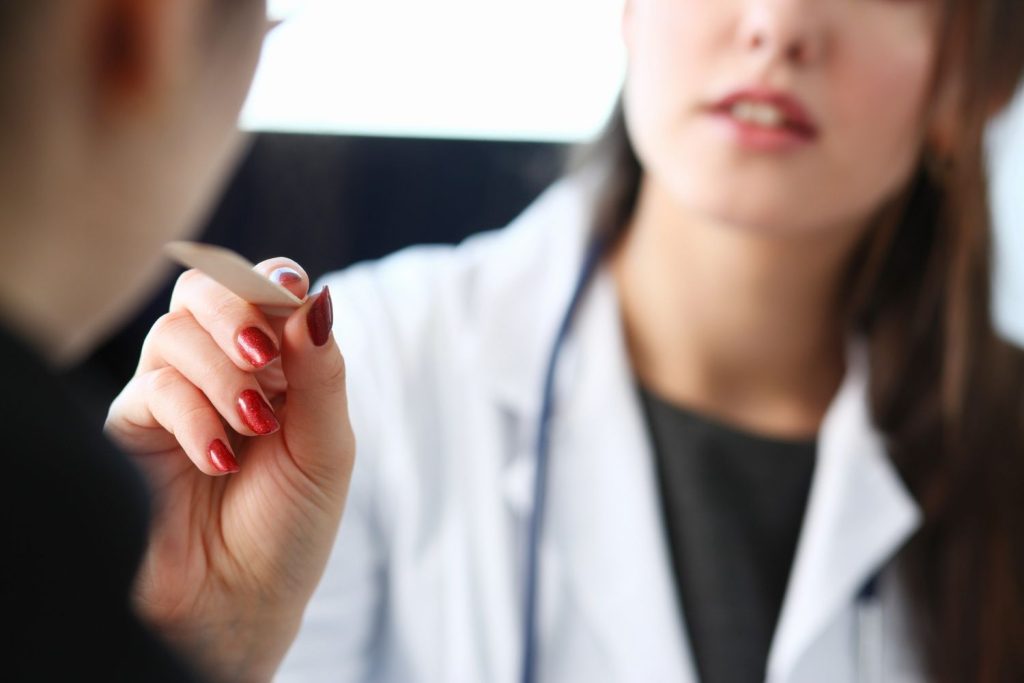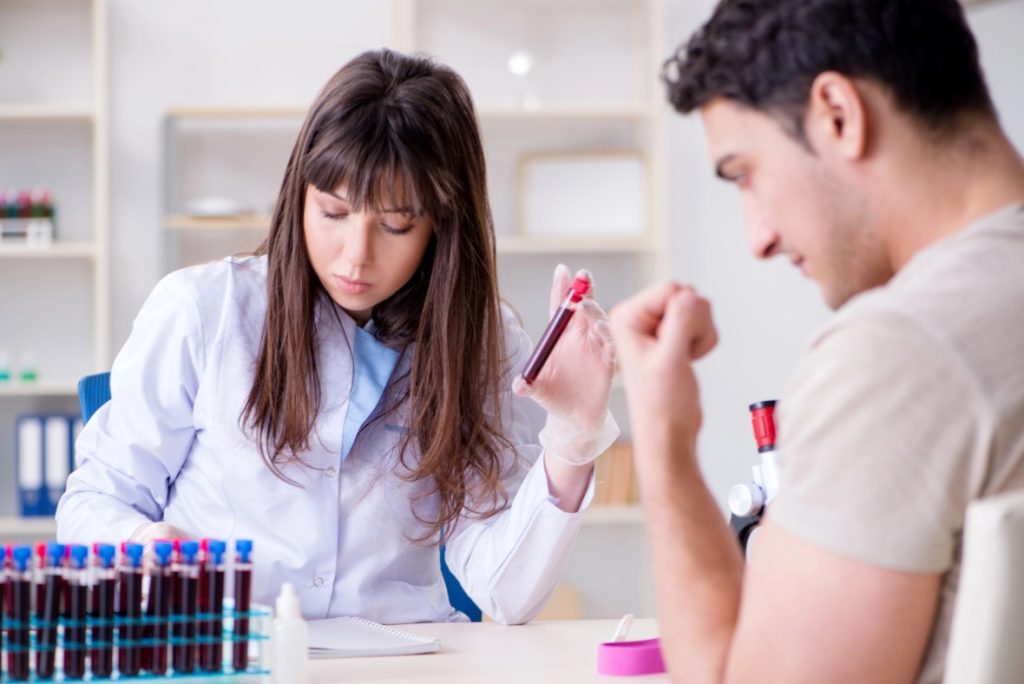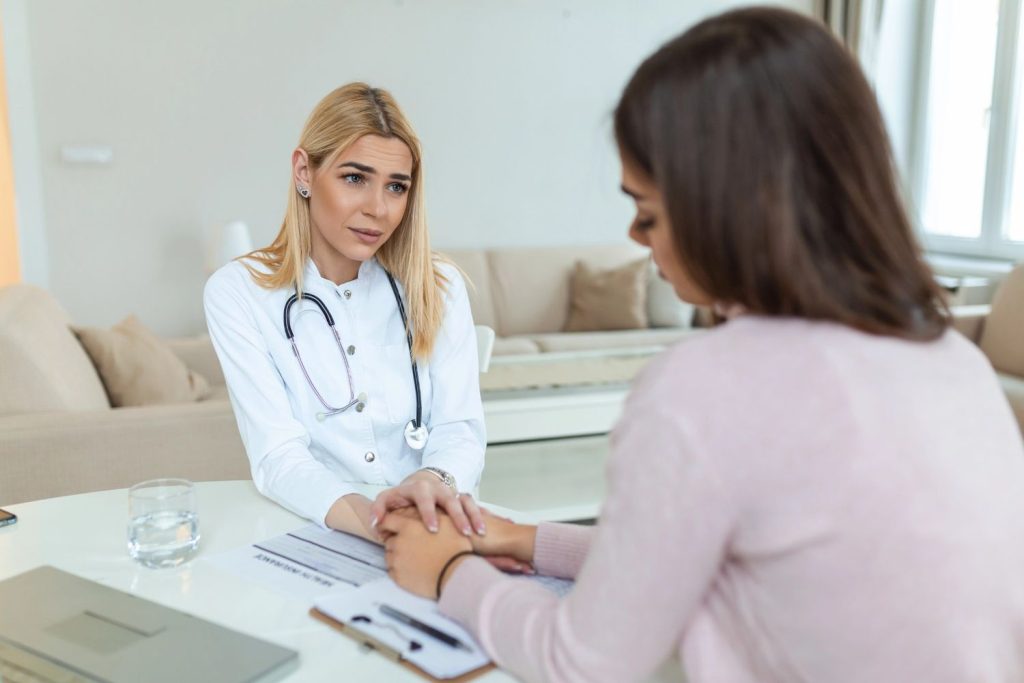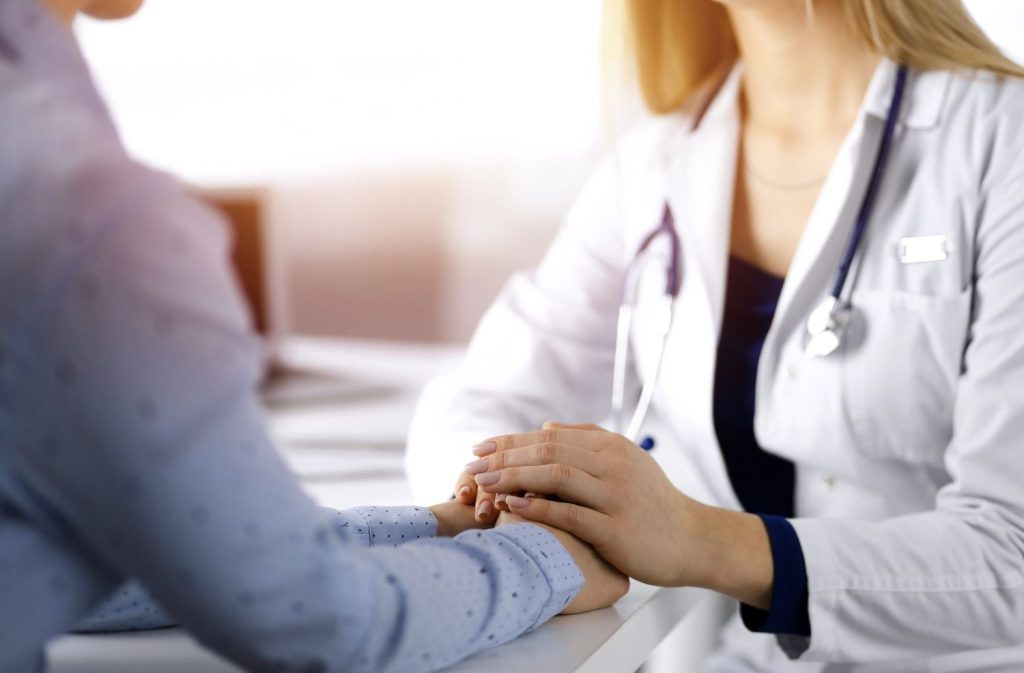How Soon After Unprotected Sex Can I Test for an STD?
September 16, 2025
Unprotected sex can stir up a whirlwind of emotions. For some, it might feel exciting in the moment, but for many, the aftermath brings worry. Thoughts like “Did I catch something?” or “How soon can I test for an STD?” might start racing through your mind. It’s a completely valid concern, and asking these questions shows you care about your health and the health of your partner.
The truth is, there isn’t a single, universal answer to how soon you can test after unprotected sex. Different sexually transmitted diseases (STDs) have different incubation periods, and the tests designed to detect them also vary in sensitivity. To make it easier, let’s break everything down step by step, in plain English, so you know exactly what to do and when.
Understanding the Basics of STD Testing
STD testing is your first line of defense when it comes to protecting your health. If you’ve had unprotected sex, it’s natural to want answers right away, but testing too early may give you inaccurate results.
STD tests are designed to look for either the infection itself (like bacteria or virus particles) or your body’s immune response to it (antibodies). That’s why waiting matters—your body needs time to produce enough of these “clues” for the test to detect.
Why Timing Matters in STD Testing
Imagine a detective arriving at a crime scene too early, before any evidence is left behind. They wouldn’t be able to solve the case, right? The same idea applies to STD testing. If you rush to test a day after unprotected sex, chances are the test won’t find anything—even if you’ve been exposed—because your body hasn’t yet produced detectable markers.
That’s why healthcare providers stress the importance of understanding the “window period.” Knowing when to test ensures you get reliable, accurate results rather than a false sense of reassurance.
The Window Period Explained
What Is the Window Period?
The window period is simply the gap between the moment of infection and the time when a test can accurately detect it. During this stage, the infection might be quietly multiplying in your body, but the test results could still come back negative.
This doesn’t mean you’re in the clear—it just means the test hasn’t caught up yet.
Factors That Affect Window Periods
Not everyone’s body reacts the same way to infection. Here’s what influences the length of a window period:
- Type of STD – Some infections show up quickly, while others take weeks.
- Type of test used – Lab-based tests tend to detect infections earlier than rapid tests.
- Immune system response – Everyone’s immune system responds at different speeds.
- Previous exposure or treatment – If you’ve been infected before or already treated, the body may react differently.
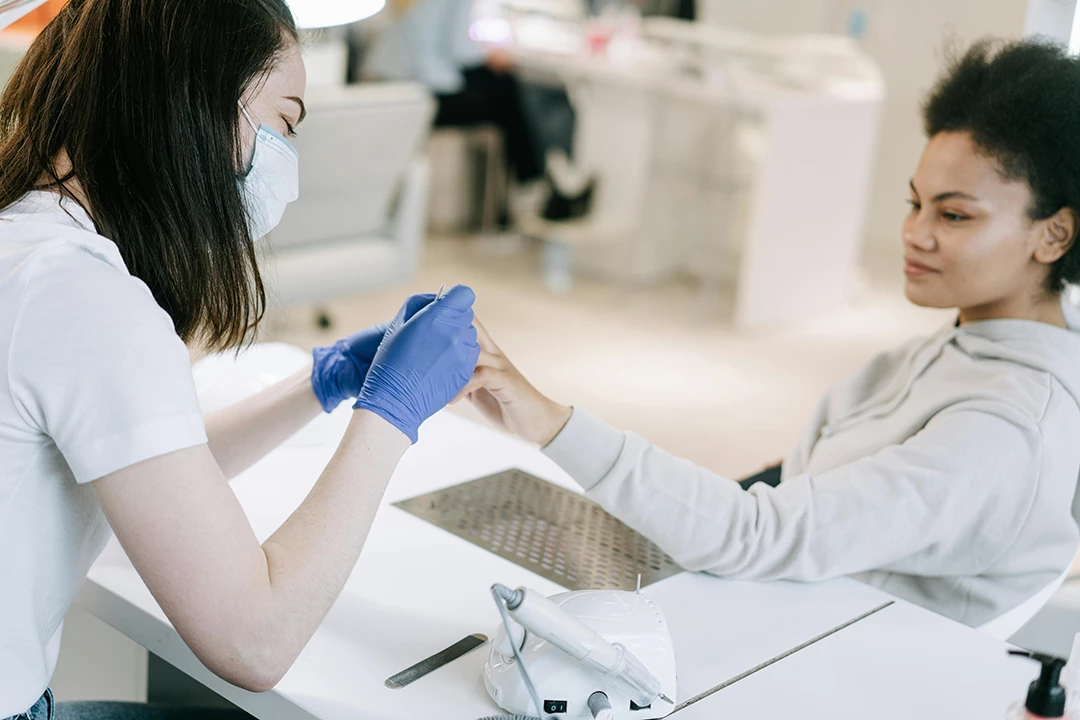
Common STDs and Their Testing Timelines
Here’s a breakdown of common STDs and how soon you can test for each after unprotected sex.
HIV
One of the most concerning infections after unprotected sex is HIV. Thanks to modern medicine, testing and treatment options have greatly improved, but timing is key.
Standard HIV Tests
Lab-based antigen/antibody tests can usually detect HIV between 18–45 days after exposure. They’re considered one of the most reliable testing options.
Rapid and At-Home HIV Tests
Rapid oral swabs or finger-prick tests may take longer to pick up an infection, typically between 23–90 days. These are convenient but may require follow-up at a clinic for confirmation.
Chlamydia and Gonorrhea
These bacterial infections are among the most common—and also the most treatable—STDs.
- Detection Time: Both can usually be detected within 1–2 weeks after exposure.
- Testing Method: A simple urine test or swab is all that’s needed.
Syphilis
Syphilis often starts silently, but untreated, it can cause serious complications down the road.
- Detection Time: Blood tests generally detect syphilis in 3–6 weeks.
- Why It Matters: Early detection prevents long-term organ damage.
Herpes
Herpes can be frustrating because testing isn’t always straightforward.
- Detection Time: Blood tests detect antibodies in about 4–6 weeks, but sometimes longer.
- Alternative Testing: If sores appear, a swab from the blisters can confirm infection sooner.
Hepatitis B and C
Both hepatitis B and C are viral infections that can cause long-term liver damage.
- Hepatitis B: Usually detectable within 3–6 weeks.
- Hepatitis C: Takes longer—often 4–10 weeks—to appear in blood tests.
Symptoms vs. No Symptoms: Why Testing Is Still Important
Here’s the tricky part: many STDs don’t show obvious symptoms. You could feel perfectly fine and still carry an infection. Chlamydia, for example, is often called the “silent infection” because so many people don’t realize they have it.
Depending on symptoms alone is like ignoring a hidden leak in your house—you might not notice it until it causes serious damage. That’s why routine testing is essential, especially if you’ve had unprotected sex.
Risks of Delaying STD Testing
Some people put off testing out of fear. But waiting too long can lead to:
- Complications like infertility (from untreated chlamydia or gonorrhea).
- Long-term organ damage (from syphilis or hepatitis).
- Higher risk of transmission to future partners.
- Reduced treatment options the longer an infection goes untreated.
The earlier you know, the easier it is to treat or manage.
How Soon Should You Get Tested After Unprotected Sex?
So, when should you actually go to the clinic?
Same-Day Testing Options
If you’re worried immediately after unprotected sex, you don’t have to sit with the anxiety. Clinics like Advanced STD Testing & Treatment Clinic in Mid West offer same-day screenings. While some results may need retesting later, same-day visits can:
- Rule out infections that show up early
- Give you baseline results to compare against later
- Provide peace of mind while you wait
Retesting for Accuracy
Even if your first test is negative, don’t assume you’re in the clear. Providers often recommend a second test after the window period passes. For example:
- HIV: Retest after 6 weeks to confirm.
- Syphilis: Retest at 3 months if you had a high-risk encounter.
- Chlamydia and gonorrhea: Retest after a couple of weeks if symptoms persist.
Think of retesting like double-checking your work—it ensures nothing gets missed.
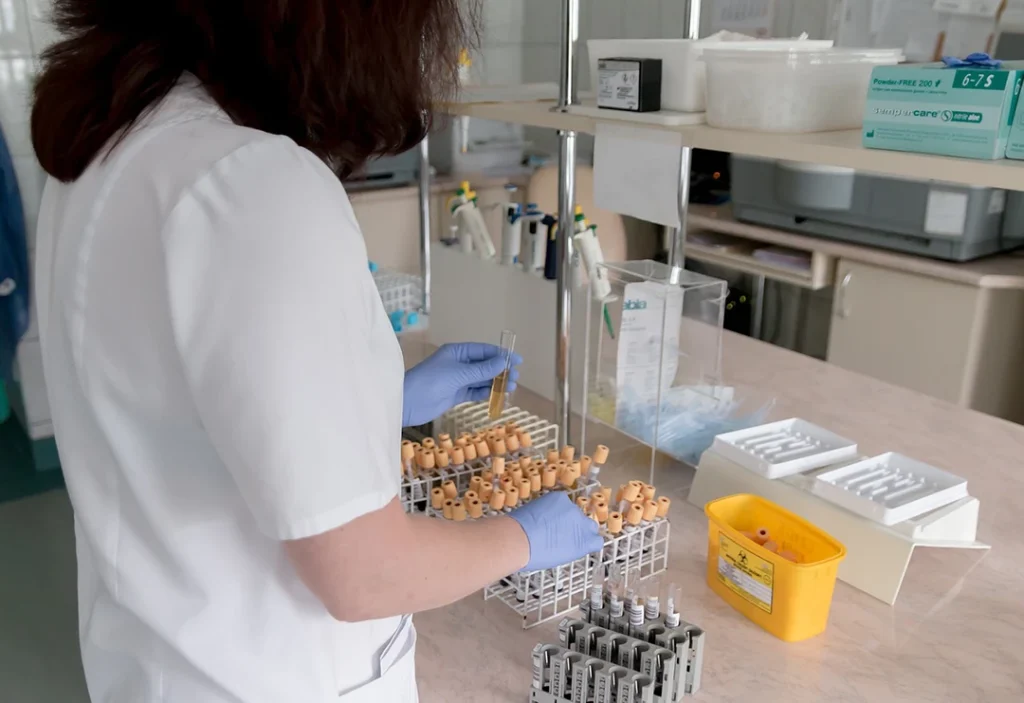
Advanced STD Testing Options in Mid West
Living in the Mid West means you have easy access to reliable, discreet testing.
Why Choose Advanced STD Testing & Treatment Clinic
This clinic isn’t just about quick results—it’s about giving you confidence in your health decisions. They offer:
- State-of-the-art testing technology
- Same-day appointments
- Comprehensive STD panels
- Professional guidance from experienced providers
Confidentiality and Compassionate Care
Many people hesitate to get tested because of fear or embarrassment. At Advanced STD Testing & Treatment Clinic, your privacy is top priority. The staff ensures you’re treated with respect and compassion, without judgment.
Preparing for an STD Test
What to Expect During the Visit
Most STD tests are simple and quick. Depending on what you’re being tested for, you might:
- Give a urine sample
- Have a blood draw
- Get a swab from the throat, genitals, or sores
Some results are available the same day, while others may take a few days.
Questions to Ask Your Provider
Don’t be afraid to ask questions. Good ones include:
- Which tests should I get today?
- Do I need to come back for a retest?
- What happens if the test comes back positive?
Your provider’s job is to guide you, not judge you.
After the Results: What Comes Next
If You Test Negative
A negative result can feel like a huge relief. But remember, timing matters. If you tested too early, follow your provider’s advice on retesting later to be sure.
If You Test Positive
Testing positive isn’t the end of the world—it’s the beginning of treatment. Many STDs are curable with antibiotics, and others can be managed with medication. The most important thing is not to panic. Clinics like Advanced STD Testing & Treatment Clinic provide both treatment and counseling, so you’re never left to figure it out alone.
Protecting Yourself Moving Forward
Safe Practices for Prevention
Here are some simple but effective ways to lower your risk:
- Use condoms or dental dams consistently
- Limit the number of sexual partners
- Avoid sharing needles
- Get tested regularly
Importance of Regular Screenings
STD testing isn’t just for emergencies. Think of it as part of your health routine, like going to the dentist. Regular screenings catch silent infections early, which means easier treatment and less stress down the line.
Advanced STD Testing & Treatment Clinic Serving the Midwest Community and Beyond in Houston
Advanced STD Testing & Treatment Clinic is dedicated to serving the diverse needs of the local community of Houston, including individuals residing in neighborhoods like Mid West. With its convenient location near landmarks such as the Walter Rasmus Park and major intersections like Beverly Hill St. and Ann Arbor Dr. (coordinates: 29.730298917176505, -95.50934446109896), we offer affordable std testing houston services.
Get Affordable Std Testing Services At Mid West Now
Navigate from Mid West to Advanced STD Testing & Treatment Clinic Now
Conclusion
So, how soon after unprotected sex can you test for an STD? The short answer: it depends on the infection. Some can be detected within days, while others require weeks or even months before tests are reliable. The long answer: don’t wait to get checked. Visit a trusted clinic like Advanced STD Testing & Treatment Clinic in Mid West for same-day testing, then follow up later to confirm results.
Remember, protecting your health isn’t just about you—it’s about your partner and your future too. The peace of mind that comes from testing is worth every step.
FAQs
1. Can I get tested for all STDs at once?
Yes. Many clinics, including Advanced STD Testing & Treatment Clinic, offer comprehensive panels that check for multiple infections in a single visit.
2. Is it possible to get an STD from just one encounter?
Absolutely. It only takes one instance of unprotected sex to contract an STD.
3. Will insurance cover my STD test?
Coverage varies, but many insurance plans do include STD screenings. If you’re unsure, ask your provider or the clinic directly.
4. How accurate are at-home STD tests compared to clinic tests?
At-home tests can be reliable, but clinic-based tests are often faster and more accurate—especially for early detection.
5. Can lifestyle factors affect STD test results?
No. Stress, diet, or exercise don’t affect the accuracy of STD tests. The type of test and timing are what matter most.
Recent Posts
Explore the latest articles on sexual health, testing, and wellness. Stay updated with insights designed to keep you informed and confident about your health choices.

